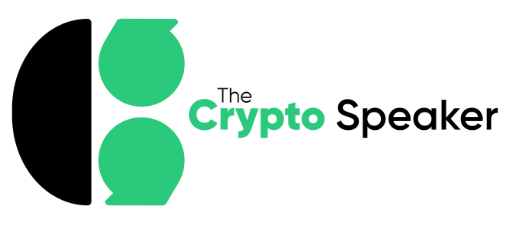In a recent exclusive interview during Korea Blockchain Week, Nicolas Liochon, the head of Consensys’ zkEVM Linea, revealed exciting developments in Ethereum’s layer-2 scaling solution. Liochon confidently stated that the Ethereum ecosystem’s scalability and cost-efficiency will continue to improve as they refine their approach.
Zero-knowledge (ZK) proof solutions have played a pivotal role in Ethereum’s scaling efforts. Still, the real game-changer on the horizon is proto-danksharding, which, according to Liochon, is poised to significantly slash the costs associated with rollups, potentially achieving a remarkable 10x reduction.
Proto-danksharding, denoted by the Ethereum Improvement Proposal (EIP) identifier EIP-4844, has a clear objective: lowering the expenses associated with rollups. Rollups, which typically aggregate transactions and data off-chain, relying on computational proofs submitted to the Ethereum blockchain, have long been a subject of concern. While Linea already delivers transactions that are 15 times cheaper than Ethereum’s layer 1, the core issue with rollups is that transactions are posted in call data within Ethereum blocks.
As per Ethereum’s documentation, rollups are costly due to their reliance on data availability. All data is written to layer 1, which ensures the same level of security but comes at a high cost—approximately 95% of the total. EIP-4844 proposes the introduction of data blocks that can be sent and appended to blocks. Crucially, the data stored in these blocks remains inaccessible to the Ethereum Virtual Machine and is scheduled for deletion after a specific period, a development expected to dramatically reduce transaction costs.
Liochon emphasized that Linea’s prover, responsible for off-chain computation, which verifies, bundles, and generates cryptographic proofs for combined transactions, represents only a fraction of the overall cost. This underscores the pivotal challenge in making ZK-rollups the preferred scaling solution for Ethereum, as opposed to alternatives like Optimistic Rollups.
Beyond cost reduction, Linea has a broader vision. It aspires to be a versatile ZK-rollup, suitable for a wide range of decentralized applications and solutions within the Ethereum ecosystem. Liochon emphasized, “We are a generic rollup. We don’t want to have a specific use case or domain. It’s crucial to support all types of applications, including DeFi, gaming, and social.”
As previously reported, Consensys successfully launched Linea in August 2023, boasting over 150 partners and facilitating the bridging of more than $26 million in Ether. These developments signal a promising future for Ethereum’s scalability and affordability, underpinned by innovations like proto-danksharding and Linea’s versatile ZK-rollup solution.









